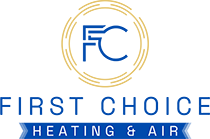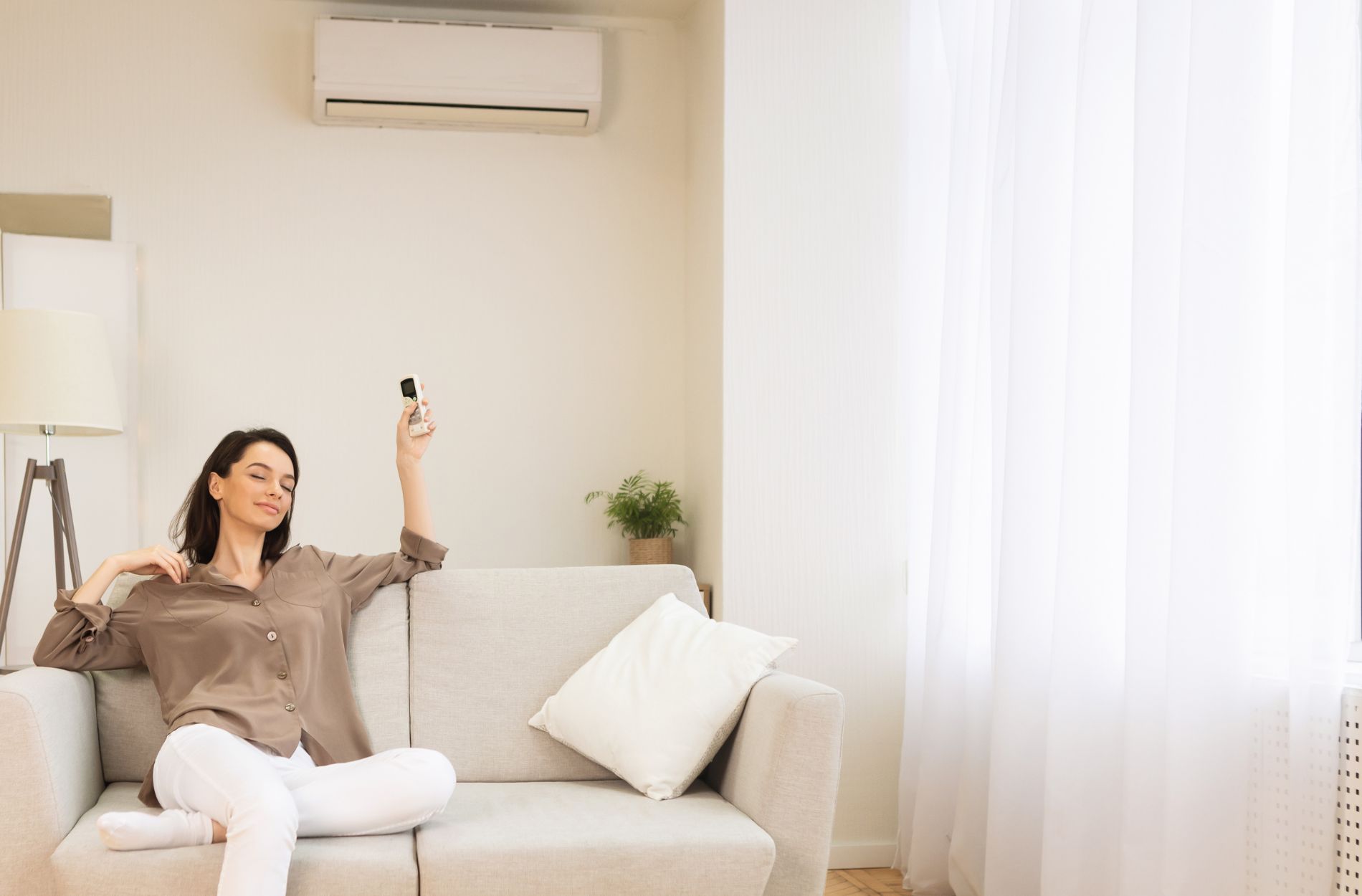As summer approaches, the need for a well-maintained and efficient air conditioning system becomes increasingly crucial in residential, commercial, and new construction properties. An efficient air conditioning system not only provides a comfortable indoor environment but also keeps energy consumption and expenses in check. Whether you require AC repair, replacement, installation, maintenance, or tune-up, our skilled professionals are dedicated to ensuring your air conditioning system operates at its peak performance throughout the hot summer months.
We will discuss the critical role that air conditioning efficiency plays in effectively cooling your property while conserving energy. We will also provide expert guidance on how to improve the efficiency of your air conditioning system with practices like routine maintenance, selecting the right size and type of air conditioning unit, and optimizing thermostat settings. Our technicians are committed to providing exceptional services and advice to help you make the most of your air conditioning system and enjoy a comfortable summer in your residential, commercial, or new construction property.
Developing a Preventative Maintenance Routine
Regular preventative maintenance plays a significant role in maintaining and improving your air conditioning system’s efficiency. By routinely inspecting, cleaning, and servicing your AC unit, you can extend its lifespan and ensure optimal performance throughout the summer months. Here are some essential maintenance tasks to prioritize:
1. Clean and Replace Air Filters: Clogged or dirty air filters restrict airflow, forcing your air conditioning system to work harder and consume more energy. Regularly clean or replace your air filters to keep your AC running efficiently.
2. Inspect the Condenser Unit: The outdoor condenser unit plays a crucial role in your air conditioning system’s cooling capabilities. Ensure that the area around the condenser is clear of debris, vegetation, and obstructions, and check for any signs of damage or wear on the unit.
3. Check Ductwork and Insulation: Leaky ducts or poor insulation can lead to a significant loss of cooled air, causing your AC to work harder to maintain the desired temperature. Inspect your ductwork and insulation to identify any leaks or damage and fix them promptly.
4. Schedule AC Tune-up and Professional Inspection: A thorough professional inspection and AC Tune-up by our experienced technicians can identify any potential issues or areas needing improvement. This proactive approach can prevent costly repairs and maintain the efficiency of your air conditioning system.
Selecting the Right Size and Type of Air Conditioner
The size and type of air conditioner you choose can significantly impact the cooling efficiency of your property. An improperly sized unit may struggle to maintain the desired temperature, resulting in higher energy consumption and lower performance. Consider the following factors when selecting an air conditioning unit:
1. Property Size: Determine the total square footage of your property and consider its layout and design. Consult with our professionals to help you select an air conditioning unit that is capable of effectively cooling your space without overloading or underperforming.
2. Energy Efficiency Ratios: When comparing air conditioning units, consider their energy efficiency ratings such as the Seasonal Energy Efficiency Ratio (SEER) and Energy Efficiency Ratio (EER). Higher ratings indicate better energy performance, leading to reduced energy consumption and costs.
3. Research Different Types of AC Units: There are various types of air conditioning systems available, including central air systems, ductless mini-split systems, and heat pumps. Research the advantages and drawbacks of each type to determine the most suitable option for your property.
Optimizing Thermostat Settings for Efficiency
Properly setting and programming your thermostat can help improve your air conditioning system’s efficiency and save energy. Consider the following tips for optimizing thermostat settings:
1. Use a Programmable Thermostat: Programmable thermostats allow you to automatically adjust the temperature settings based on your daily routine. Settings can be programmed to increase the temperature when you’re away and lower it before you return home, ensuring comfort while reducing energy consumption.
2. Find the Ideal Temperature: To maximize efficiency, find the ideal temperature setting that provides comfort without overworking your air conditioning system.
3. Minimize Fluctuations: Frequent temperature fluctuations can cause your AC unit to work harder and consume more energy. Maintain a consistent temperature setting as much as possible.
Conclusion
Air conditioning efficiency plays a vital role in providing comfort, managing energy costs, and reducing the environmental impact of your residential, commercial, or new construction property. By developing a regular maintenance routine, selecting the right size and type of air conditioner, and optimizing thermostat settings, you can ensure your AC system operates efficiently and effectively throughout the hot summer months. Contact us today at First Choice Heating & Air for expert assistance with AC services in Draper and enjoy a comfortable, energy-efficient summer in your space.









